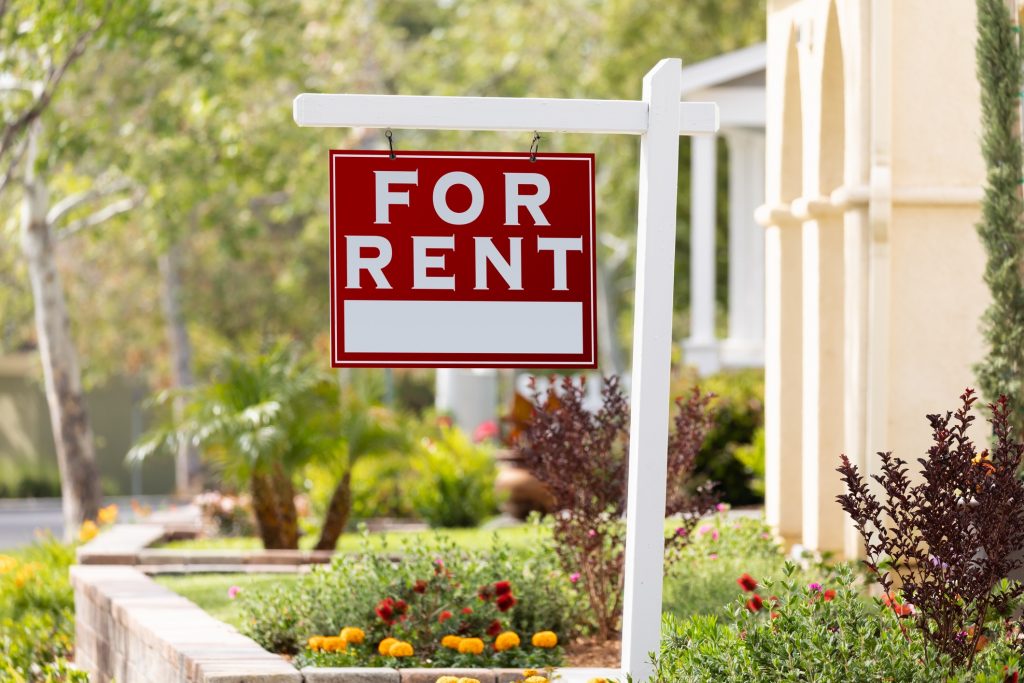
With mortgage rates at historic lows, more people than ever are refinancing their mortgages. These opportunities apply to your primary home as well as your investment property. When you refinance an investment property, there are things you should consider like your existing interest rate, closing costs associated with refinancing, and determining the type of loan available for refinancing. In this article, we discuss how to find the best place to refinance mortgages, and what banks look at during the refinancing process.
Ready to speak with an expert? Start Now
What Banks Look For in an Investment Property Refinance
When you decide to refi investment property, the process does not look much different than the refinancing of a mortgage on your primary residence, with a few exceptions. There are many things that banks look for during an investment property refinance.
A Good Credit Score
One of the first things a bank will look at is your credit score. If your credit score is questionable, clean it up or find a business partner with a better credit score with whom to join forces. A good credit score can get you a better interest rate and in turn, help you build equity faster and at a lower cost.
Ready to speak with an expert? Start Now
A Stable Debt to Income Ratio
Lenders want to loan money to people who can pay off debt. A good debt-to-income ratio, which is the percentage of your income that goes to paying your monthly debts, is a good indicator of whether you can qualify for a mortgage. The percentage helps a lender determine how much money you can borrow and is often considered as important as your credit score. Ideally, your “DTI” should be 36% or less, according to NerdWallet.
A Knowledge of What You Want
When you approach a lender about refi investment property, you should know what type of mortgage you want. Do you want an adjustable-rate mortgage, or a cash-out refinance? If you choose a cash-out refinance, you may have to leverage the equity you have to fund costs like improvements. No matter what you want in terms of a refinance, going to a lender with a clear objective in mind is important.
No More Than 10 Financed Properties
In 2009, the government raised the limit on the number of properties an investor could finance from 4 to 10. To refinance your investment property, you should have no more than 10 financed properties. More properties financed equals more paperwork for the underwriter and a slower approval process. If you have multiple properties financed, it is recommended that you discuss this at the outset of refinancing talks or pay off some of your loans before refinancing, because some banks will not take on these types of loans.
Higher Equity Thresholds
When lenders refinance investment properties, they want an investor with a higher equity threshold. A normal loan-to-value ratio on an investment property refinance is about 75%, meaning that you should have at least 25% equity in your investment property before you refinance.
How to Refinance an Investment Property?
Refinancing an investment property is not much different than refinancing a primary residence. If you have ever applied for a mortgage before, you are probably familiar with the majority of the process. However, you must have everything in order before discussing a refinance of an investment property with a bank.
Gather the Right Documents
Before initiating the refinance process, it is important to gather the right documents that the lender will request. You’ll need things to establish proof of income like pay stubs, W-2 forms, tax returns, business tax returns, proof of disability or pension income if you are otherwise unemployed, and detailed information about rental income from investment properties. You will likely need information from the last two years, along with a Schedule E from your personal tax return. The Schedule E form will assist the lender in determining the investment property’s net income over time.
Lenders will also look for proof of assets and proof of individual ownership of the investment property. You should also be prepared to provide paperwork that establishes the extent of your current debts and obligations outside your investment property, including other loans and credit card balances, as well as a current mortgage statement.
Apply
Once you have your paperwork in order, you can apply for a refinance. Each bank approaches this differently. Our QuickClose digital process makes it easy to refinance.
Lock Your Interest Rate
After you apply for a refinance, the next step is to lock the interest rate for the loan. When you lock the interest rate, the bank guarantees that the rate offered remains available for a certain period. With a rate lock, you don’t have to worry about rates going up between the time the offer is submitted and the loan is closed. The typical period for a rate lock is 30 to 60 days.
Underwriting
During the application process, your refinance will go through underwriting. This is essentially the time during which the bank verifies all of the documentation that you have provided during the loan process. After underwriting, the bank issues final approval for the refinance.
Closing
When it is time for closing on your refinance, the process will look similar to closing on a primary residence. Be prepared with a cashier’s check to cover closing costs and your identification. You’ll sign documents like a closing disclosure where you will see a total breakdown of costs and fees.
How to Find the Right Bank to Refinance Your Investment Property
Ask for Referral
The best way to find the right bank for an investment property refinance is to ask around. People are often happy to share their experiences with a particular lender. Getting as much information as possible on the front end will make the entire process run more smoothly.
Do Your Research
There is a load of information on the internet. You should be able to find reviews and first-hand accounts of similarly situated investors who have used a particular bank for refinancing. Take in the information and shop around to see where you can get the best deal with the highest level of customer service.
Frequently Asked Questions
Can You Refinance an Investment Property?
Yes. While there are additional requirements and restrictions, refinancing an investment property is similar to refinancing a traditional mortgage on a primary residence.
How Often Can You Refinance?
You can refinance investment property as many times as you want to, provided that it makes financial sense. Look at your break-even point to determine whether it makes sense to refinance.
What Documents Do You Need to Refinance?
To refinance, you’ll likely need documents showing proof of income, proof of assets, a credit report, a list of debts, and your current mortgage statement.
